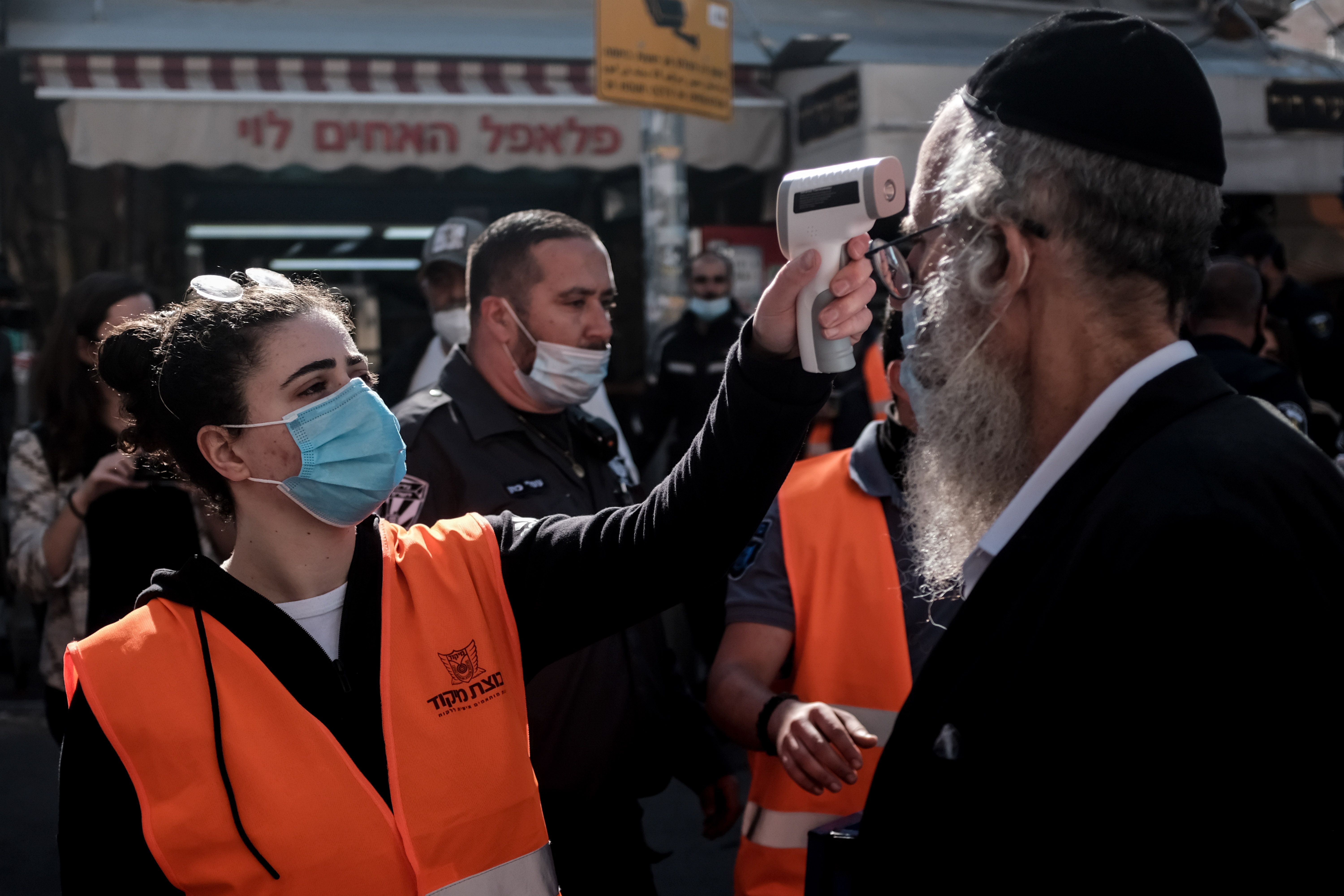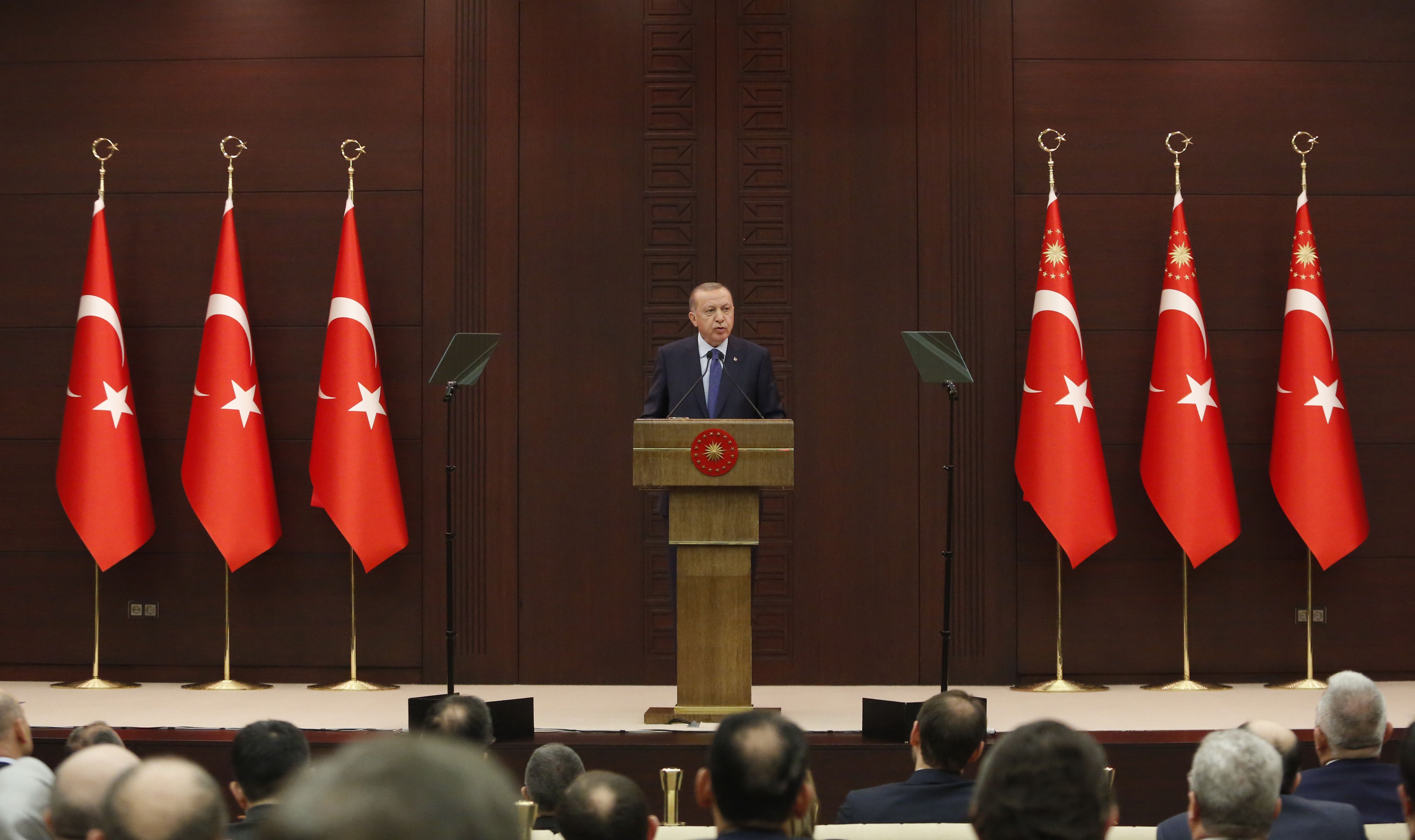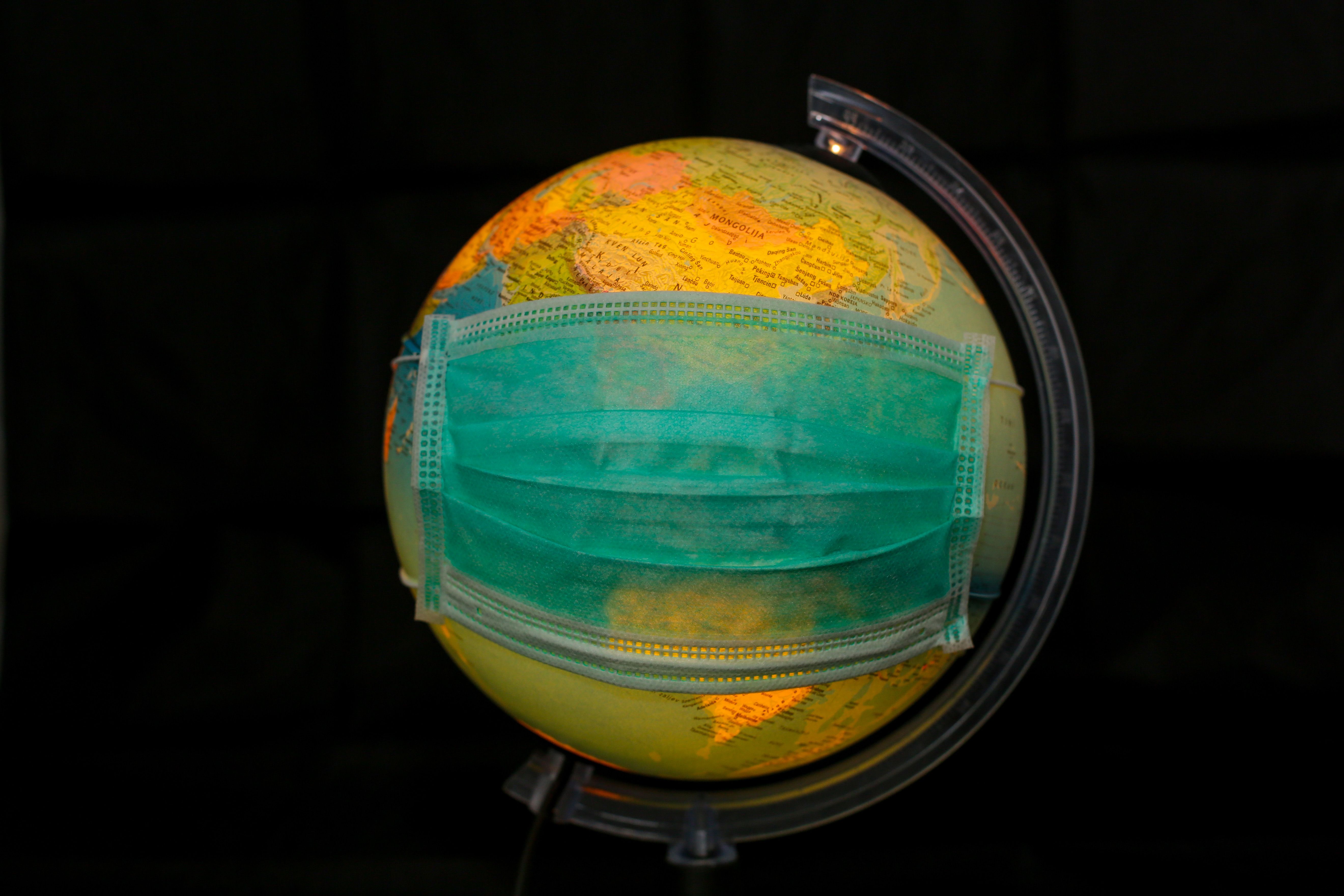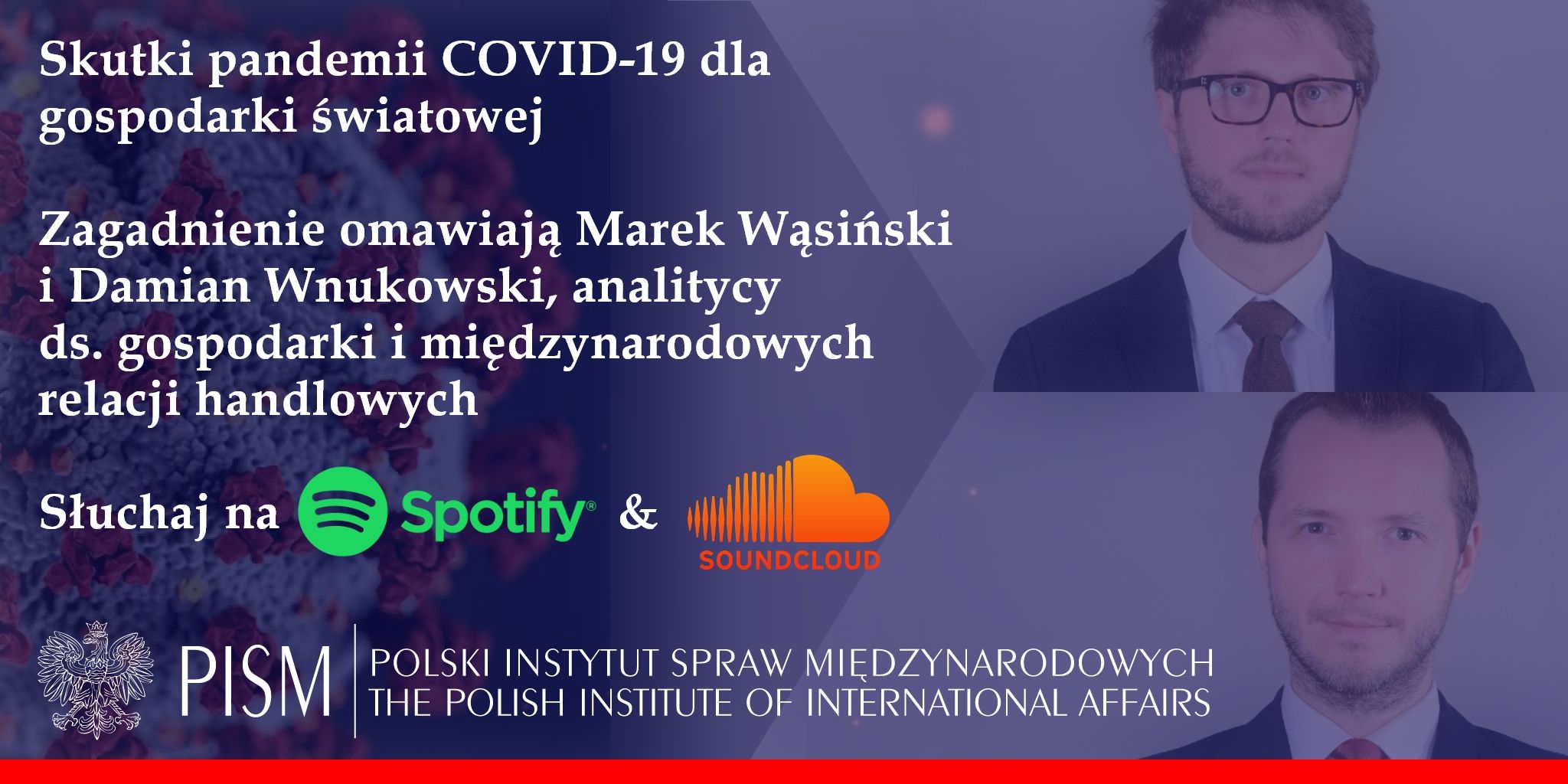Israel and the COVID-19 Pandemic

Outbreak and Countermeasures
The first registered cases of SARS-CoV-2 in Israel were tourists returning from Asia and Europe. The total number increased rapidly between 11 and 21 March from 107 to 1,023. The growth in new cases, however, has decreased since the beginning of April by less than 5% per day. According to the latest data (7 May), in Israel there have been 16,381 cases of infection with 240 deaths. The Health Ministry announced the completion of about 330,000 virus tests (Israel’s population is 9.1 million) by the end of April.
The increase in cases was attributed to a spike among ultraorthodox Jews, a population with limited access to information from mass media and an active intercommunity religious life. The government’s isolation regimen was initially contested by some among the rabbinical leadership who exercise the most control over this community. This resulted in higher infection rates among this community than other parts of the population, which forced the lockdown of some cities and districts with an ultraorthodox majority (one of the most densely inhabited in Israel).
Since the first case was registered, the authorities have successively extended entry restrictions on people arriving to Israel (mandatory quarantine, entry ban for foreigners). From mid-March, the implementation of social-distancing began, educational facilities and public spaces were closed, and business activity and transportation were limited. Temporary restrictions (including a curfew) were introduced for holidays, both religious (Pesach, Ramadan) and state (Independence Day). The authorities based their decisions on information from early March when Purim gatherings accelerated the spread of the virus. On 19 April, along with a visible decline in incidence, the government announced the beginning of the easing of restrictions, such as loosening isolation rules and re-opening schools.
Economic Toll
Israel’s economic situation on the eve of the outbreak was good (low unemployment and budget deficit, economic growth forecasts of around 3%), although the side effects of the electoral deadlock were becoming a problem, including the lack of an approved budget. Restrictions related to COVID-19 resulted in a sharp increase in unemployment from around 4% to 27% (about 1.1 million people). Although 90% are on unpaid leave, preliminary estimates show that one in five of the now unemployed may permanently lose their jobs. Costs related to countering the pandemic in 2020 are estimated by the finance ministry at more than $14 billion and, according to various forecasts, GDP may decline by 5.3% (Bank of Israel) or 6.3% (IMF).
On 30 March, the government announced an anti-crisis package worth $22.5 billion for the healthcare system, businesses, and welfare recipients, and an additional $2.3 billion for small businesses and the self-employed. The support for enterprises is based on regular incentives (e.g., loans, tax exemptions) and the first phase of the economy’s restart allows increasing staffing by up to 30%. In addition to globally affected industries (airlines, tourism), the startup sector will be an important recipient of public aid, although support for the sector based on external investment may be socially unpopular.
COVID-19 and Israeli-Palestinian Relations
The pandemic led to sectoral cooperation between Israel and Palestine. The spread of the coronavirus in the West Bank (WB) and the very densely populated Gaza Strip, combined with poor medical infrastructure and sanitation, threatened a humanitarian disaster. However, the quick actions of the Palestinian authorities supported by Israel prevented the spread of the virus—only 547 cases and four fatalities were registered (including East Jerusalem). Israel opened coordination channels with the Palestinian Authority (PA) and, through Egypt, with Hamas, enabling the transfer of humanitarian aid (e.g., from Turkey). Israel also allocated technical assistance (equipment, training of doctors), and as part of mutual agreements with the PA, additional funds. However the cooperation did not alleviate the tensions between Israel and the PA related to East Jerusalem or the Trump Plan.
COVID-19 was also an impulse to resume negotiations between Israel and Hamas on a prisoner swap. Hamas demanded the release of groups of Palestinian prisoners (justified with the argument that COVID-19 was in Israeli prisons) in exchange for returning the bodies of Israeli soldiers held since 2014 and starting talks on the release of Israeli citizens imprisoned in the Gaza Strip.
The World Bank forecasts a 7% decrease in the Palestinian economy. The economic crisis will raise unemployment and deteriorate the material wellbeing of many Palestinians, which will increase social frustration and deepen the conditions for radicalisation. This could result later in an increase in attacks on Israeli targets and anti-government protests in both the WB and the Gaza Strip. Hence, Israel is likely to loosen economic restrictions on Palestinians, such as easing the limits on workers from the Gaza Strip.
Political Aspect
The pandemic has overlapped political crisis the ongoing since May 2019 in Israel. The third round of early elections to the Knesset was held on 2 March. The need to fight the pandemic and normalise the functioning of the state prompted opposition leader Benjamin Gantz to join with Netanyahu and create a unity government. According to the coalition agreement, the coalition’s priority for the first six months will be activities related to combating COVID-19. Due to the protracted procedures and inter-party negotiations, the government’s swearing-in was delayed and is planned for 13 May.
According to polls from 30 April, 63.5% of respondents declared their support for the government actions, but the worsening material situation has increased pressure to restore economic life. The demonstrations (the assembly ban does not include protests) in favour of helping small businesses are problematic for Netanyahu, for whom the lower-middle class is an important part of the electorate. Additional image problems were caused by Health Minister Yaakov Litzman, leader of the orthodox United Torah Judaism. The politician was accused of favouring his community in implementing the restrictions and breaking isolation rules, contracting COVID-19 and forcing the PM into self-quarantine.
An important element of the government’s action was to publicise international cooperation, such as importing chloroquine from India (an anti-malaria drug touted for use against COVID-19 but still being researched), declaring $60 million for research on COVID-19 (EU initiative), and Mossad’s securing of medical equipment (supposedly the source were Gulf States). Netanyahu began consultations with leaders of allied states, mainly of a similar size and pandemic situation (e.g., Austria, Czechia), regarding the return-to-normal strategy. A weakening of Israel-China relations is possible due to likely pressure from the U.S., whose administration blames China for the outbreak of the coronavirus.
Conclusions
Israel has managed to avoid a more severe outbreak, not only because of the preventive measures it implemented but also its isolation within the region, low average age, as well as a society adjusted to a daily ritual of crisis management. The challenge will be to maintain low morbidity amid the high pressure to return the economy to normal.
Cooperation with the Palestinians, although it has contributed to limiting the spread of the virus in the PA, is pragmatic and will not translate into better relations, although some long-term restrictions will probably be loosened to avoid escalating social unrest. The deterioration of the PA’s economic situation may also serve as a source of pressure in negotiations based on the Trump Plan.
Netanyahu has used the pandemic to strengthen his position and consolidate political power. The government’s priority will be to reactivate the economy to avoid losing this support. Strengthening international cooperation will be one of the main tools and initiatives with Israel’s closest allies from Europe and the Indo-Pacific whose situations regarding the pandemic have returned to close to normal, will be prioritised.





